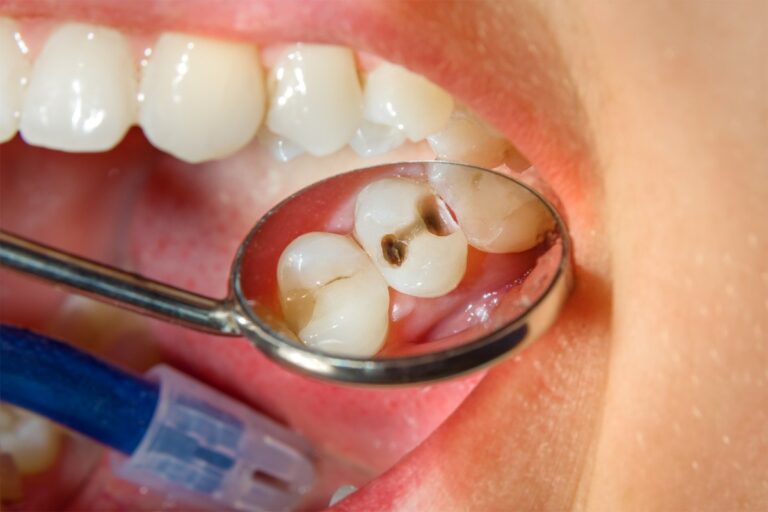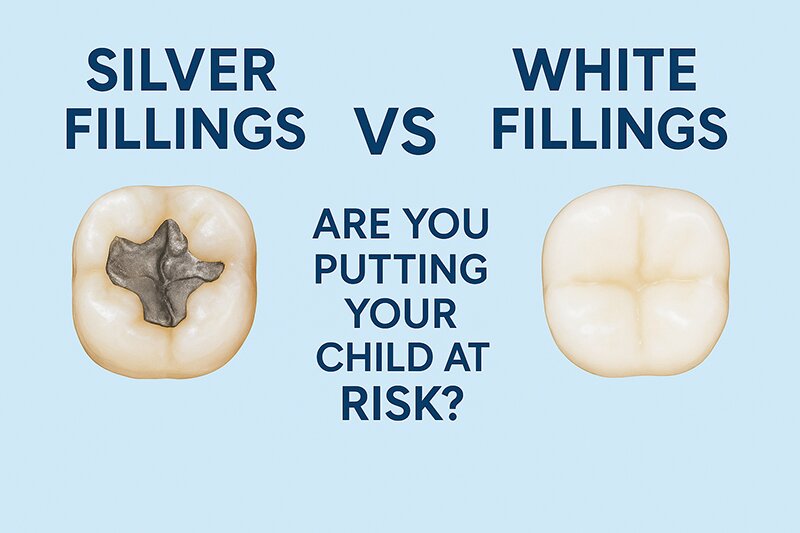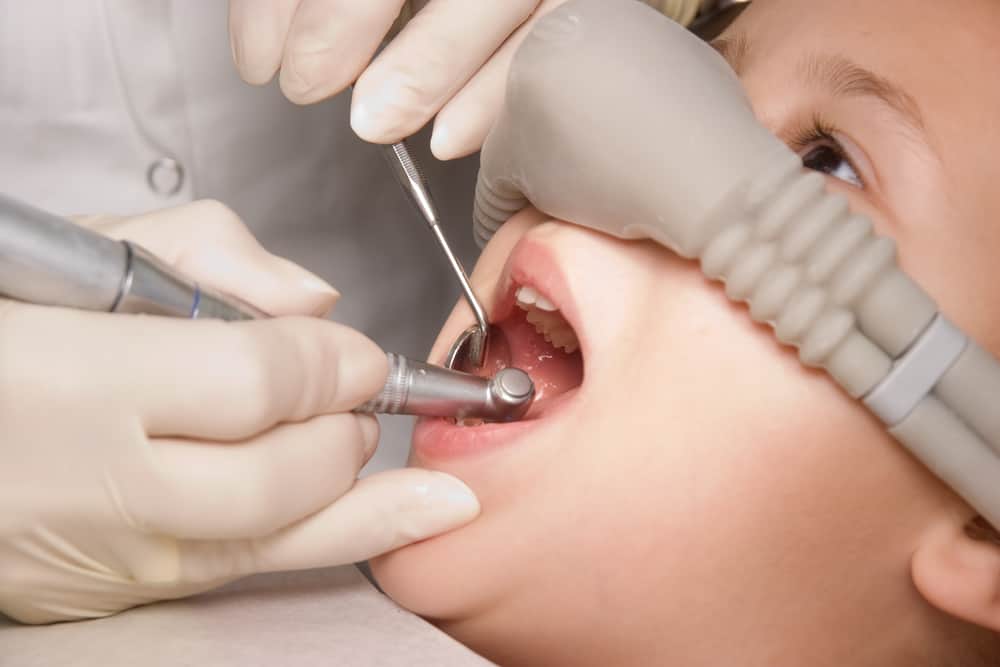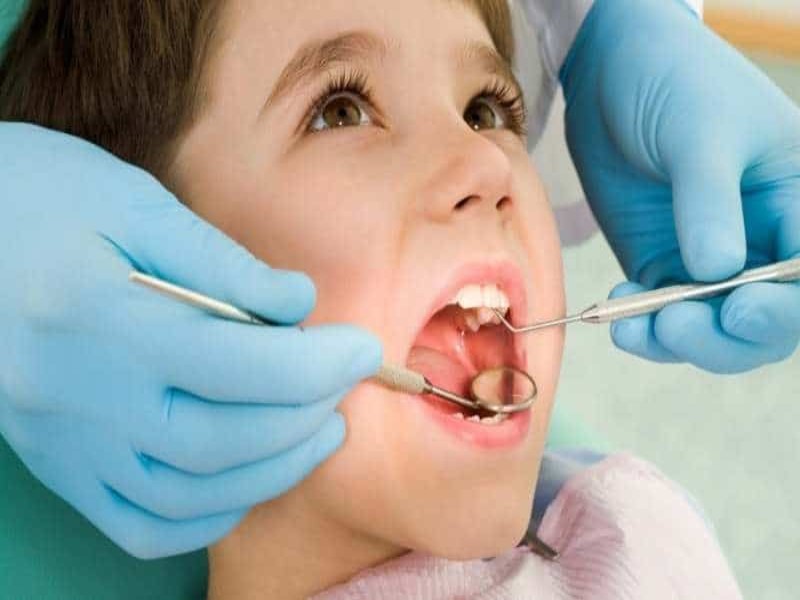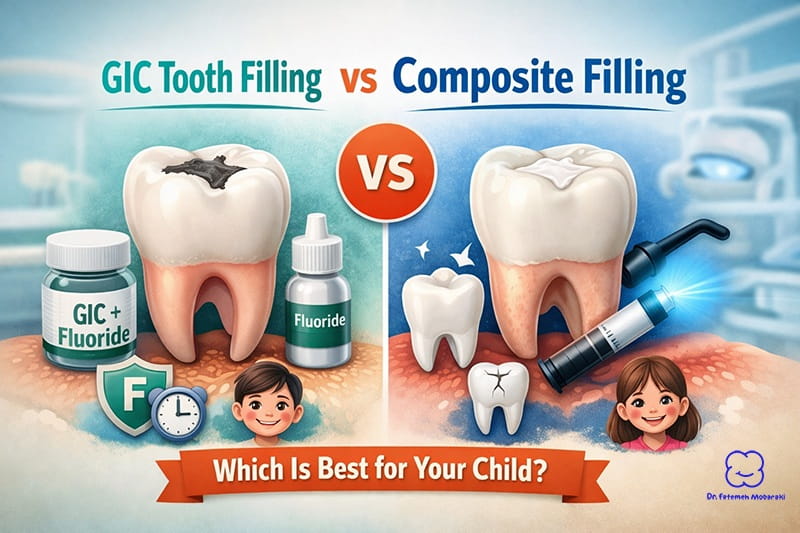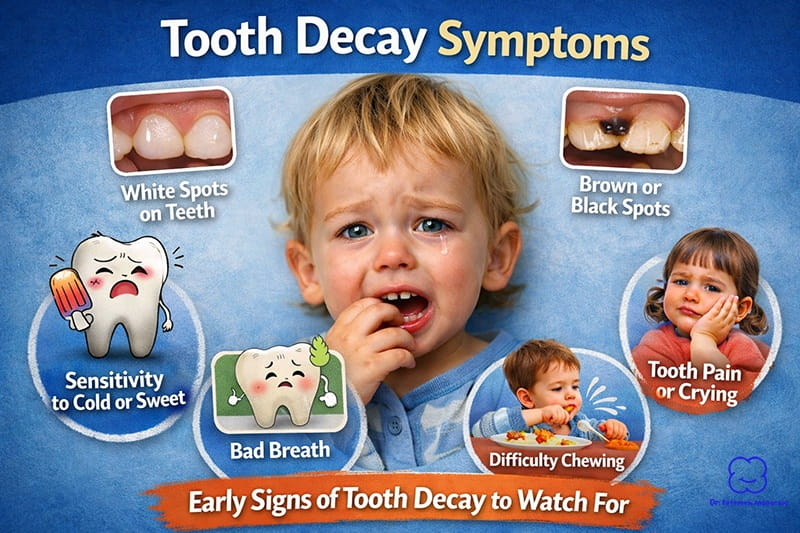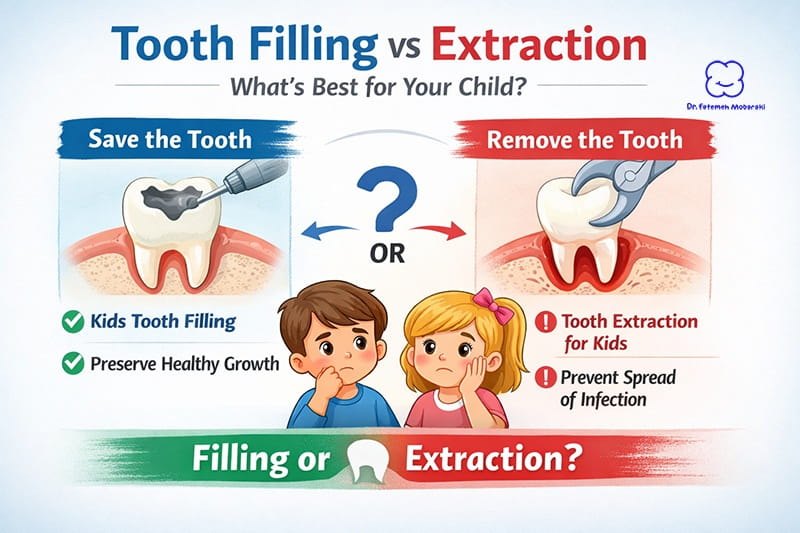Milk teeth, also known as primary or baby teeth, play a vital role in your child’s early development. However, despite being temporary, they are susceptible to cavities, just like adult teeth. Understanding milk teeth cavities and how to prevent them is crucial for maintaining your child’s oral health and ensuring a healthy transition to permanent teeth.
What is a Milk Teeth Cavity?
A milk teeth cavity is a form of tooth decay that occurs in a child’s primary teeth. These cavities are caused by the accumulation of bacteria in the mouth, which feed on sugars and produce acid. This acid can erode the enamel of the teeth, leading to cavities. It’s essential to address cavities in toddler teeth early to prevent further complications, such as pain, infection, and premature tooth loss.
Causes of Cavities in Toddler Teeth
Cavities in toddler teeth can develop for several reasons:
- High Sugar Consumption: Frequent intake of sugary snacks, drinks, and even some medications can increase the risk of cavities.
- Inadequate Oral Hygiene: If teeth are not brushed properly, plaque buildup can lead to decay.
- Bottle Feeding Habits: Prolonged exposure to milk, juice, or sugary drinks, especially at bedtime, can contribute to cavities.
- Lack of Fluoride: Fluoride helps strengthen teeth and prevent cavities. A lack of fluoride can make your child’s teeth more vulnerable to decay.
Why Treating Milk Teeth Cavities is Important
Some parents may assume that because milk teeth are temporary, cavities aren’t a significant concern. However, untreated cavities in toddler teeth can lead to severe consequences, including:
- Pain and Discomfort: Cavities can cause considerable pain, making it difficult for your child to eat, sleep, and concentrate.
- Infection: If a cavity is left untreated, it can lead to infection, which may spread to other parts of the body.
- Impact on Permanent Teeth: Cavities in milk teeth can affect the development of the underlying permanent teeth, leading to potential issues with alignment and dental health in the future.
As Dr. Fatemeh Mobaraki says, “Ensuring the health of milk teeth is more than just preserving a smile; it’s about laying the foundation for a child’s overall well-being and confidence. Early prevention and treatment of cavities in toddler teeth are crucial steps in fostering a lifetime of healthy dental habits.”
Preventing Cavities in Toddler Teeth
Prevention is always better than cure, and there are several steps you can take to protect your child’s milk teeth from cavities:
- Establish Good Oral Hygiene Habits: Teach your child to brush their teeth twice a day with fluoride toothpaste. Parents should assist younger children to ensure all teeth are properly cleaned.
- Limit Sugary Foods and Drinks: Reducing the intake of sugary snacks and drinks can significantly lower the risk of cavities. Avoid giving your child sugary drinks before bed.
- Regular Dental Check-ups: Schedule routine visits to your pediatric dentist to monitor your child’s oral health and catch any potential issues early.
- Use Fluoride Treatments: Fluoride treatments can help strengthen your child’s teeth and make them more resistant to cavities.
- Consider Dental Sealants: Dental sealants provide a protective barrier over the chewing surfaces of back teeth, where cavities are most likely to develop.
Treating Milk Teeth Cavities
If your child does develop a milk teeth cavity, prompt treatment is essential. Depending on the severity of the cavity, treatment options may include:
- Fillings: For smaller cavities, your pediatric dentist may recommend a filling to restore the tooth’s function and prevent further decay.
- Crowns: In cases of larger cavities, particularly on back teeth, a crown may be necessary to protect the tooth.
- Extractions: If the cavity is severe and the tooth cannot be saved, extraction may be required. Your dentist may also recommend a space maintainer to ensure proper alignment of the remaining teeth.
Conclusion
Maintaining your child’s oral health by preventing and treating milk teeth cavities is crucial for their overall well-being. Cavities in toddler teeth can lead to significant discomfort and long-term dental issues if not addressed promptly. By following good oral hygiene practices, limiting sugary foods, and scheduling regular dental check-ups, you can help protect your child’s smile and set the foundation for a lifetime of healthy teeth.
For expert care and advice on managing milk teeth cavities, visit our pediatric dental clinic in Dubai. Our team is dedicated to ensuring your child’s dental health is in excellent hands.

